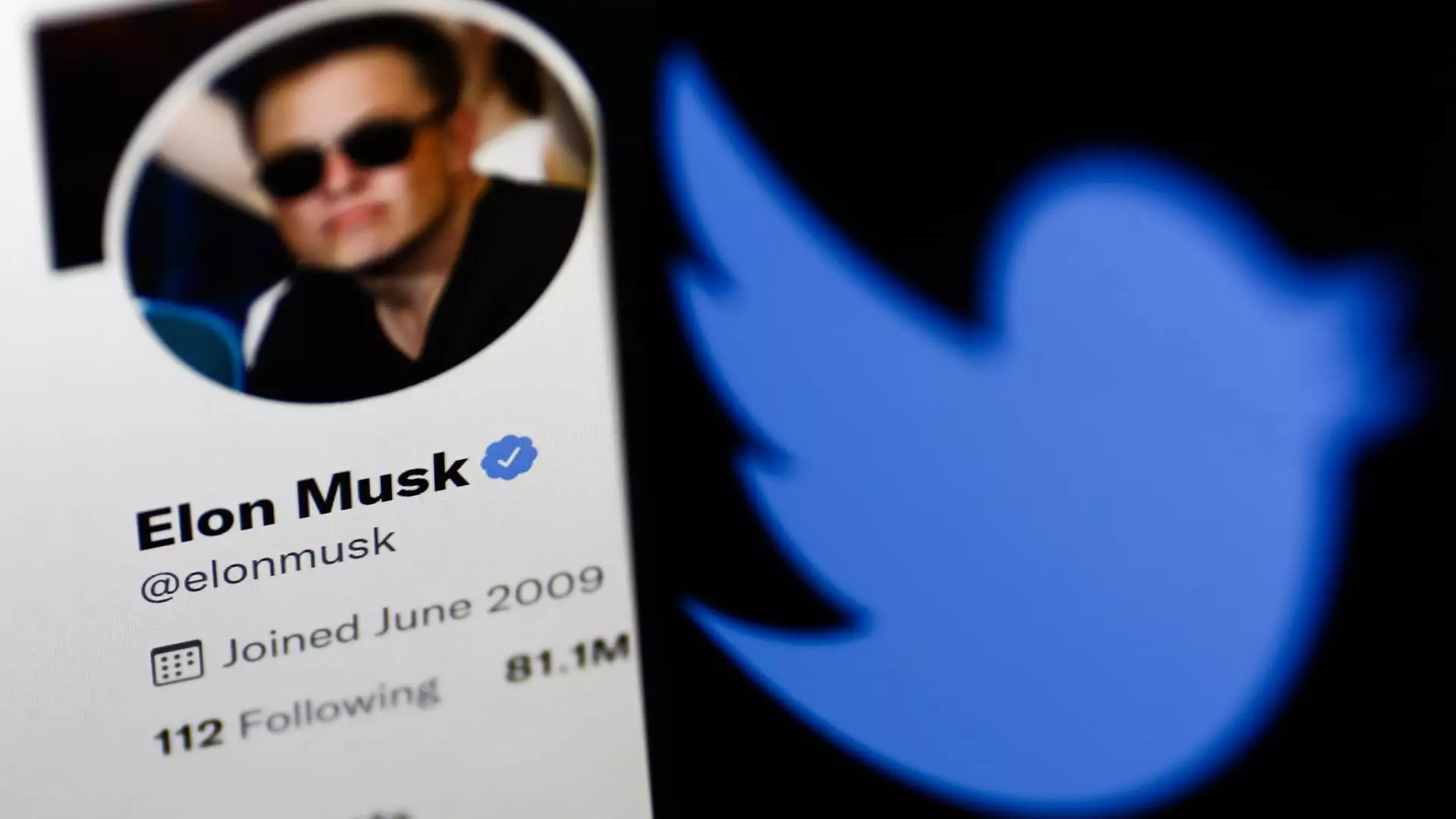The ongoing saga of Elon Musk and his business maneuvers continues to unfold in a way that raises eyebrows from even the staunchest defenders of capitalism. When a proposed class-action lawsuit against him and his financial entity Excession was allowed to proceed in federal court, Musk’s reputation as an invincible tech mogul took yet another hit. The allegations, brought forth by former Twitter shareholders, suggest that Musk’s failure to disclose his stock purchases denied investors the opportunity to make informed decisions and potentially led to substantial financial losses. With all the attention this case has garnered, one must ask: should society continue to place trust in tech titans like Musk, or is it time for a more critical scrutiny of those who wield such disproportionate influence over markets?
The Stakes You Didn’t See Coming
At the heart of the lawsuit, Rasella v. Musk, lies the assertion that millions of dollars were lost due to deceptive practices surrounding stock purchases. The Oklahoma Firefighters Pension and Retirement System is just one of the plaintiffs claiming they sold Twitter shares at artificially low prices while Musk amassed a secretive stockpile, only to disclose it after a mandatory reporting deadline. This situation raises broader questions about ethical conduct in the investment community, particularly among individuals who are perceived as market leaders. When the actions of a billionaire can sway public trust and direct market prices, the ripple effects can be devastating, affecting not only individual investors but entire sectors of the economy.
The Legal Fight: A Case of Misleading Signals
In a move that some may interpret as defiance, Musk’s team argued that the late filing was simply an oversight and not indicative of any intent to mislead investors. However, Judge Andrew L. Carter articulated a compelling case that suggested otherwise. Importantly, the judge pointed out Musk’s tweets as being notably misleading, particularly one from March 26, 2022, where he hinted at considering an investment in a different social network, although he had already acquired millions of Twitter shares. This raises an intriguing paradox: can someone who holds so much financial power still passively convey information through tweets without being held accountable for their implications? Or should they be held to a higher standard of responsibility due to their potential influence on market behavior?
Twitter to X: A Radical Transformation or Just a Smoke Screen?
After Musk completed a jaw-dropping acquisition of Twitter for $44 billion, the platform’s transformation into “X” seemed almost instantaneous. It is as if we are witnessing a fundamental philosophical shift from a platform focused on social interaction to one heavily tied to Musk’s various business endeavors, like his foray into artificial intelligence with xAI, recently announcing a merger with Twitter. These transformative steps come with risks and show how quickly the landscape can shift under business tycoons’ decisions. However, the question looms large: are these changes driven by visionary thinking or prompted by dubious tactics to secure his position and stake in the digital world?
Are Legal Accountability and Capitalism Compatible?
Musk’s case serves as a stark reminder of the dilemmas presented by unchecked financial power in capitalist societies. The concentration of wealth in the hands of a few individuals poses risks that should not be ignored. When strong market figures sidestep regulations and utilize their influence to skew the perception of market value, they compromise the fundamental tenets of fair competition. The balance between capitalism and responsible governance is critical; without it, we find ourselves enabling a culture where deception flies under the banner of innovation.
It is imperative that stakeholders—ranging from regulators to retail investors—remain vigilant. The flexibility of laws in such dynamic markets is concerning; many might find themselves victims of misleading information while the faces behind these corporations continue to enjoy the spoils of their complex financial networks. In a world increasingly attuned to social responsibility, the juxtaposition of Musk’s innovative persona against an ever-growing pile of legal challenges forces a reconsideration of where we place our admiration and trust.
The ongoing legal battles involving Musk may not merely be about one individual’s fate but could echo the broader conversation surrounding the principles that govern not only the tech industry but also our financial systems at large.

